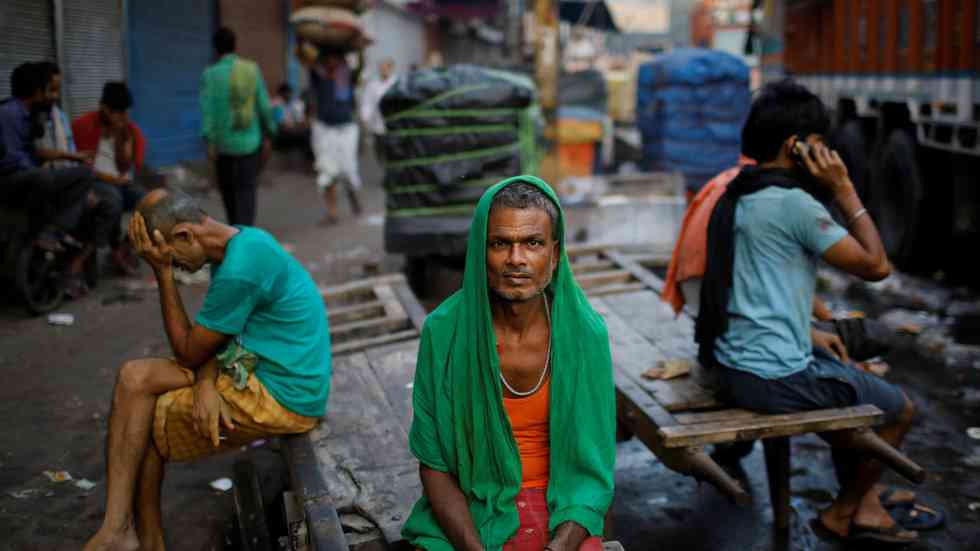
India’s Home Minister G. Kishan Reddy said it was imperative that persecuted religious groups in neighboring countries be granted Indian citizenship, arguing they have nowhere else to go.
Speaking in the context of the recently passed Citizenship Amendment Act, which fast-tracks Indian citizenship for religious groups fleeing persecution in Afghanistan, Pakistan and Bangladesh, Reddy said India must pick up the slack for other nations unwilling to take in poor refugees, singling out Italy by name.
“It’s our moral responsibility to give citizenship to the minorities [from three neighboring Muslim countries],” Reddy said. “If they don’t come to India, where will they go? To Italy?”
Italy will not accept Hindus or Sikhs as they are poor people.
The citizenship act has courted controversy and sparked nationwide protests, with opponents arguing it discriminates against Muslims, who were left off the list of groups eligible for expedited citizenship. Supporters of the bill have defended the exemption, however, arguing the three neighboring countries are predominately Muslim and that the bill is designed to protect vulnerable minorities.
Since the Mediterranean migrant crisis broke out in the 2010s, Italy has been among the least willing to open its doors to refugees, many of whom are fleeing violence and various forms of persecution in Africa. During his tenure in office, the country’s recently replaced Interior Minister Matteo Salvini – who also heads up the right-populist Lega Nord party – helped to drive an anti-immigration policy agenda. In 2018, a measure dubbed the “Salvini decree” was signed into law, scrapping a number of legal protections for migrants and streamlining the deportation process.
Though the decree and other similar acts appear to have had some effect – with Italy taking in about half the number of refugees in 2019 that it did in the previous year – Salvini’s replacement, Luciana Lamorgese, has indicated a much less hawkish stance on the migrant question. In an interview with La Repubblica in November, she denied that Italy was “facing any invasion” – a term Salvini and like-minded lawmakers have used to describe the large influx of refugees into Europe.
发表回复